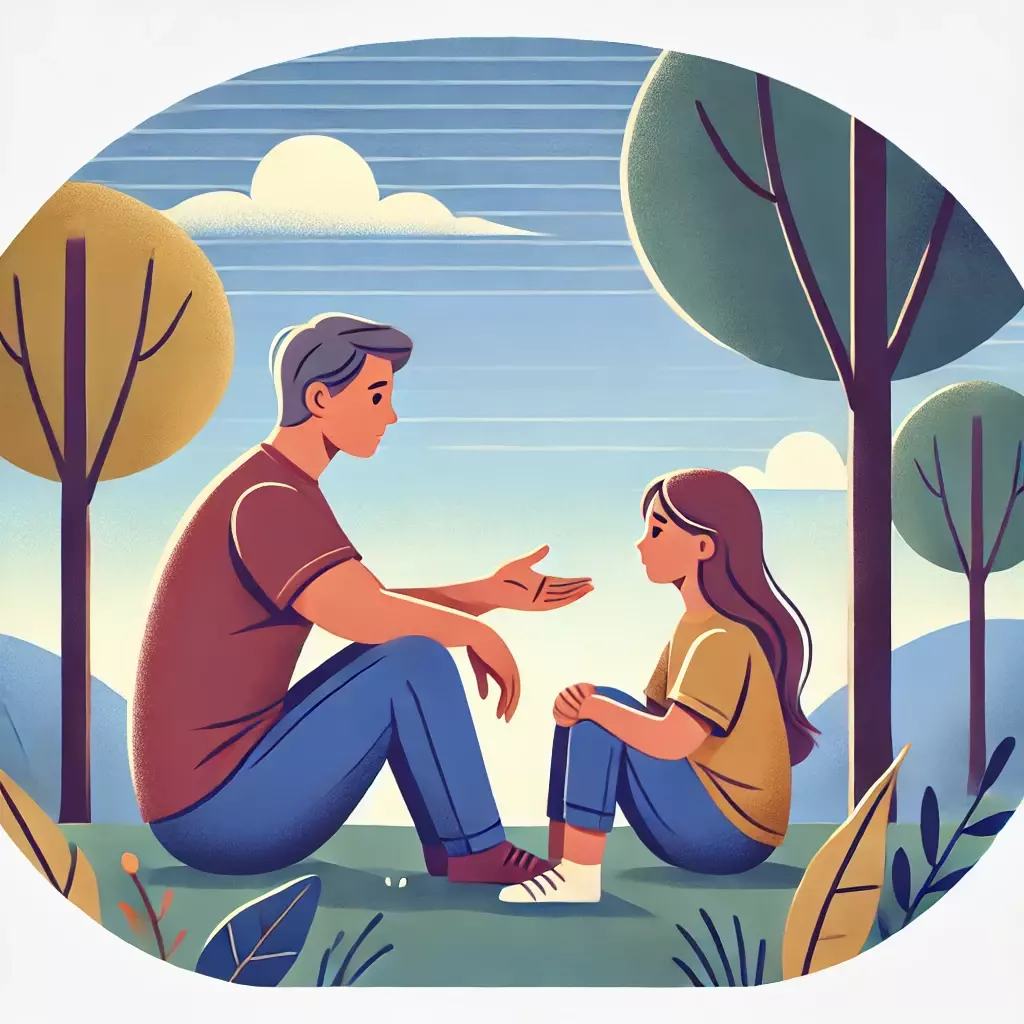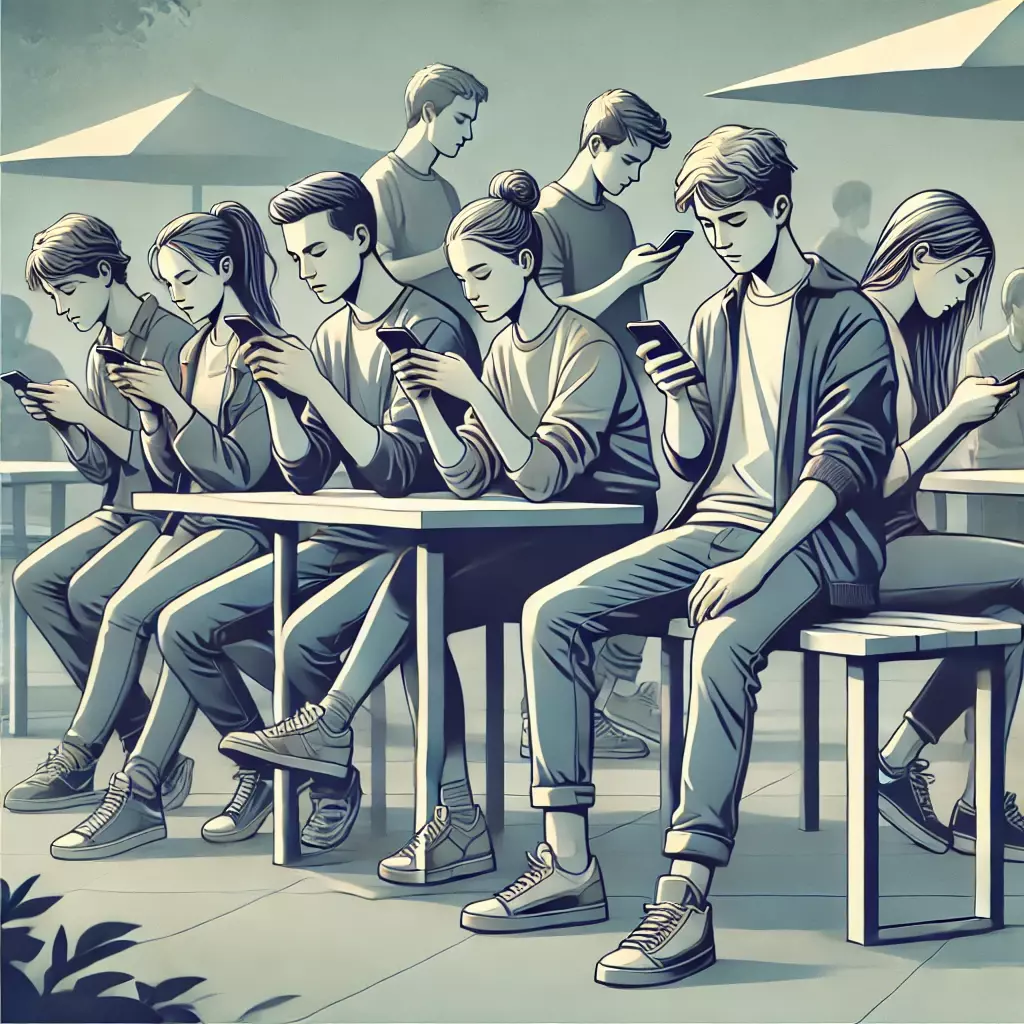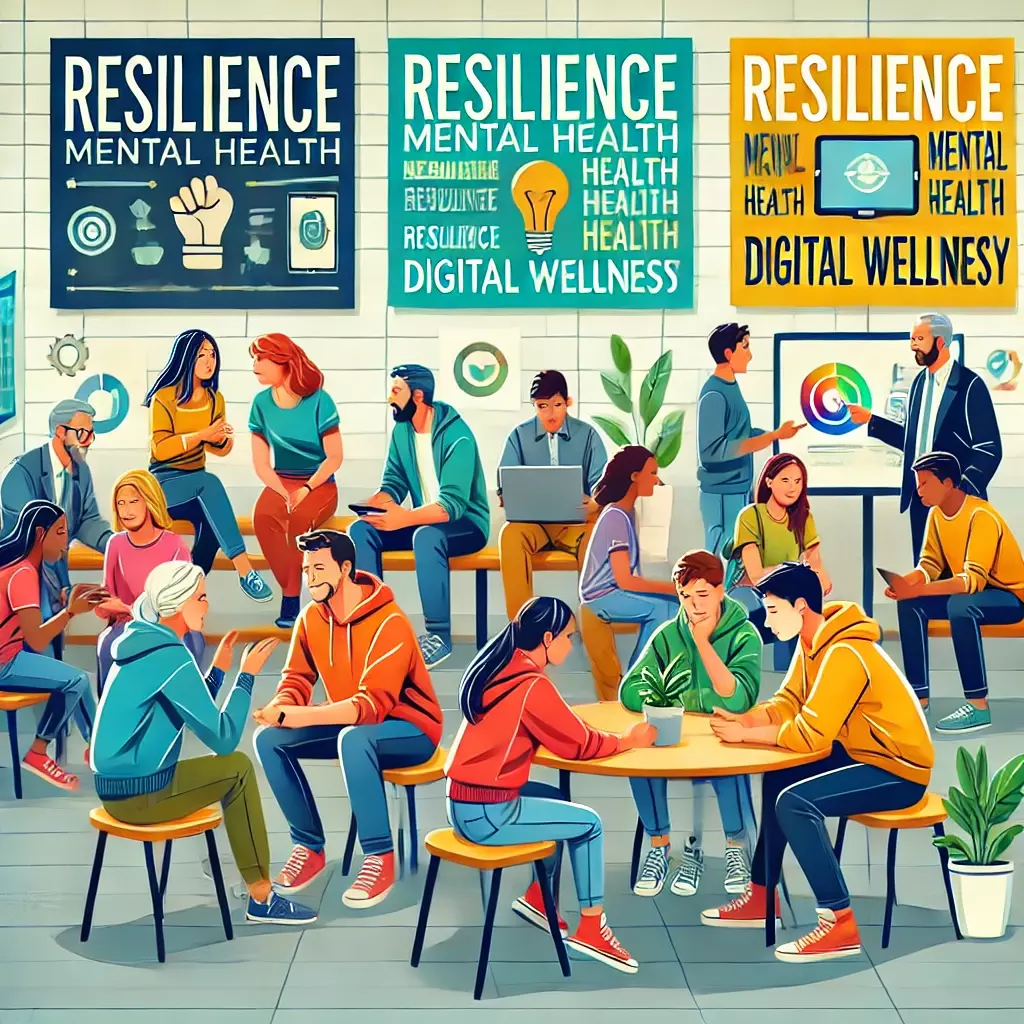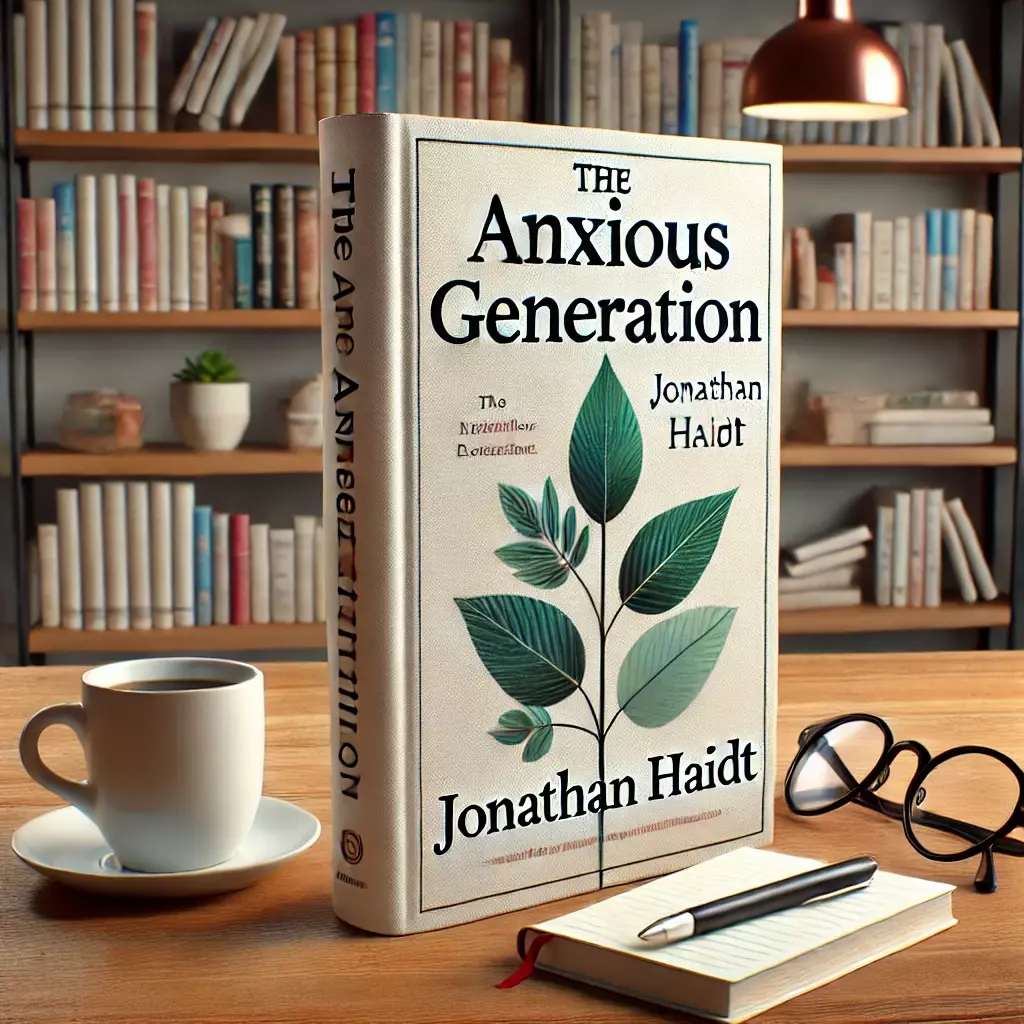In today’s hyper-connected world, where social media reigns supreme and smartphones practically come as an extra limb, anxiety has become the unwelcome sidekick of the younger generation. In his latest book, The Anxious Generation, Jonathan Haidt dives headfirst into the youth mental health crisis, peeling back the layers of modern parenting challenges and the psychological effects of smartphones. Buckle up as we explore his insights with humor, honesty, and a sprinkle of sarcasm — because, let’s face it, nothing about raising kids in the digital age is straightforward.
What is The Anxious Generation About?

Imagine a world where kids spend more time curating their Instagram feeds than talking to their parents. Oh wait — that’s reality. Haidt highlights how screen time and mental health are tangled in a messy relationship, with social media acting like the toxic ex that just won’t leave.
Haidt doesn’t just sound the alarm; he brings receipts. Research-backed and deeply analytical, he unpacks the rise in teen anxiety and social media addiction, blaming the endless comparisons, online bullying, and digital dopamine hits that leave kids more jittery than a squirrel on espresso. He makes the case that modern parenting challenges have exacerbated the issue, as helicopter parents hover while tech devices swoop in, leaving kids with fewer opportunities to develop resilience.
Jonathan Haidt’s Parenting Advice: Old-School Wisdom for a New-School World

Feeling like your kid is glued to their phone? Haidt gets it. His parenting advice encourages putting down the devices and picking up old-fashioned values, like “Go outside and play.”
He stresses the importance of protecting kids from social media without turning into the tech police. Instead, he suggests parents create boundaries, enforce screen-free zones, and promote face-to-face interactions. Think more backyard soccer games and fewer TikTok scrolling marathons. It’s advice so simple it almost feels revolutionary in a world obsessed with the latest app update.
The Psychological Effects of Smartphones: Are We All Doomed?

If you’ve ever watched a teenager have a meltdown after losing Wi-Fi, you know smartphones pack some serious psychological punch. Haidt explains how these devices hijack attention spans, fuel insecurity, and keep kids plugged into an endless feedback loop of likes and comments.
But he doesn’t stop there. He highlights studies that link excessive screen time to depression and anxiety, leaving readers wondering if today’s teens are digital guinea pigs. The takeaway? Moderation is key, and parents need to lead by example (yes, that means putting your own phone down, too).
Protecting Kids from Social Media: Tips That Actually Work
Protecting kids from social media might feel like trying to keep water out of a sinking boat, but Haidt offers practical strategies.
1. Delay smartphone ownership until kids are older.
2. Encourage hobbies that don’t involve screens (yes, books still exist!).
3. Build tech-free family traditions, like board game nights or hiking adventures.
4. Talk openly about the pitfalls of social media without demonizing it entirely.
His message is clear: parents need to help kids build mental resilience, not just block access to TikTok and hope for the best.
Jonathan Haidt’s Author Insights: A Voice of Reason
Haidt’s insights stem from years of research and a deep understanding of social psychology. He’s not here to fearmonger but to offer solutions that balance tech use with mental well-being. He calls for a cultural shift that prioritizes emotional intelligence and resilience, making The Anxious Generation as much a guidebook as it is a wake-up call.
Will This Book Resonate with Younger Readers?

Let’s be honest — teenagers aren’t likely to pick up The Anxious Generation between Snapchats and BeReal updates. But parents, educators, and mental health advocates will find it eye-opening. It’s a must-read for anyone looking to understand what’s really going on behind those glowing screens and emoji-filled texts.
However, Haidt’s writing isn’t just for adults wagging fingers; it also offers young readers tools to reclaim control over their digital lives. Teens might even appreciate the humor and relatable anecdotes sprinkled throughout, assuming they can put their phones down long enough to give it a chance.
Solutions for the Youth Mental Health Crisis: Hope on the Horizon
Is there hope? Absolutely. Haidt doesn’t just diagnose the problem — he prescribes solutions. From setting screen time limits to prioritizing face-to-face interactions, his tips are practical and easy to implement.
He also emphasizes community efforts, urging parents, educators, and policymakers to collaborate on protecting kids from social media’s darker side. Think digital detox programs, media literacy courses, and promoting extracurricular activities that don’t require Wi-Fi.
Final Thoughts: Is This Book Worth the Read?
So, would I recommend The Anxious Generation by Jonathan Haidt? In a heartbeat. Whether you’re a parent overwhelmed by tech-savvy kids, a teacher trying to inspire face-to-face communication, or just someone curious about how we got here, this book delivers.
Haidt’s insights are sharp, his humor keeps things light, and his advice feels actionable rather than preachy. It’s a guide for navigating modern parenting challenges and helping kids (and adults) survive the psychological effects of smartphones. In short, it’s like having a parenting GPS for the digital age.
So, grab a copy, turn off notifications, and dive into a book that might just help you hit the reset button on your family’s relationship with technology. After all, raising resilient kids in an anxious world starts with informed, intentional parenting — and maybe a few less screen-time battles along the way.

The Anxious Generation by Jonathan Haidt
Jonathan Haidt’s The Anxious Generation is a compelling and timely exploration of the youth mental health crisis in the digital age. Packed with research and practical parenting advice, it offers actionable solutions for protecting kids from the harmful effects of social media while promoting resilience and emotional well-being. Haidt’s insights are sharp, relatable, and easy to implement, making this book a must-read for parents and educators navigating modern challenges.
Covers important topics like parenting and anxiety.
Relatable and easy-to-read writing style.
Practical tips for reducing anxiety and building resilience.
Focuses on healthier digital habits.
Includes useful coping strategies.
Some sections feel repetitive.
Heavily focused on parenting advice.
Lacks detailed solutions for tech-dependent teens.
Tone can feel a bit alarmist at times.
Tips could be more step-by-step.
Best book on anxiety for young adults
Jonathan Haidt’s The Anxious Generation dives deep into the rising levels of anxiety affecting today’s youth. With a mix of relatable stories, expert insights, and sociocultural analysis, the book unpacks how digital dependence and societal pressures fuel this crisis. Haidt blends data with personal narratives, making the content both impactful and easy to digest.
Readers will appreciate the book’s balanced approach—it not only examines the roots of anxiety, like social media and academic stress, but also provides practical tips for building resilience. The writing is clear, engaging, and accessible for both teens and adults. Whether you’re a parent, teacher, or simply curious about mental health, The Anxious Generation is an essential, eye-opening read.



